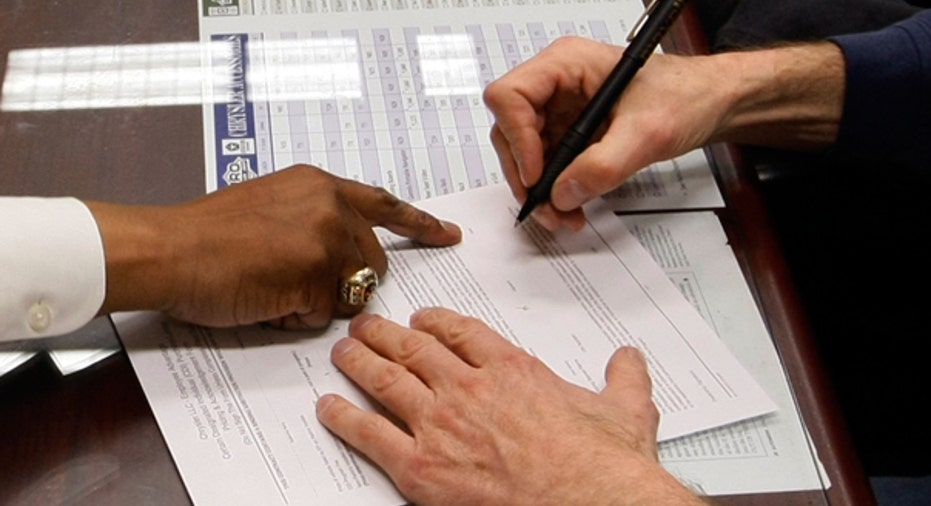Auto Loans Not Expected to Accelerate

2011 Interest Rate Forecast » Auto loans not expected to accelerate
If your car coughs when you turn the key and sneezes when you hit the gas, 2011's predicted auto loan rates may be just the medicine you need.
While auto sales have revved slightly, interest rates are still at a "historic low and likely to remain there well into 2011," says Bill Visnic, senior editor of Edmunds.com, an information website for car buyers. With buyers slowly cruising back into the showroom, manufacturers certainly don't want interest rates to be the pothole that causes momentum to crash.
"The market is simply not ready from a sales standpoint for a rise in interest rates," says Mike Sullivan, aka the "L.A. Car Guy," scion of a Los Angeles dealership dynasty.
Auto loans, of course, aren't easy to categorize or compare. They're less influenced by Fed policies than, say, rates that banks charge corporate borrowers. And they're made by a variety of lenders and often tied to promotional offers, meaning consumers can almost always benefit by comparison shopping.
For instance, dealers may be able to offer a smorgasbord of incentives, including noninterest perks like cash rebates, generous maintenance agreements and extended warranty offers. Credit unions and banks may have greater flexibility on rates, particularly if you are already a valued customer.
Promotions for loans with interest rates of zero and near-zero are around, though of course you have to have the credit score to qualify.
But what if your credit score tanked during the Great Recession? You still might find a warm welcome from your local dealer in 2011. That's because the subprime auto loan market, in contrast to the subprime mortgage market, is showing signs of life.
The subprime market is "definitely going to expand" in 2011, says Visnic. In fact, according to Experian Automotive, the arm of the credit reporting company that reviews the car industry, the share of new vehicle loans going to "credit-challenged" buyers was up 12.7% in the third quarter of 2010 compared with the same period a year earlier.
"Easier access to loans is a positive sign for the auto industry, as tighter loan criteria during the economic downturn represented a significant challenge for automotive manufacturers and their retail networks," Scott Waldron, president of Experian Automotive, said last month.
Visnic concurs. "That is a big turnaround," he says. "It's the first time since 2007 that the subprime market has increased."
In a sign that could portend rate-lowering competition among subprime lenders, some of the big automotive companies are acquiring specialists in the field. Last July, General Motors purchased AmeriCredit for $3.5 billion. "Since GM and AmeriCredit launched a successful nonprime program in September 2009, GM's nonprime penetration has increased significantly," GM said at the time.
Chrysler, meanwhile, teamed with Santander Consumer USA, a specialist in subprime auto lending. Ralph Kisiel, a Chrysler spokesman, says about 20% of Chrysler sales go to subprime borrowers, which he defined as those with a credit score below 650.
"Previously, the subprime buyer had to deal with lenders who were not specialists," says Visnic. "The specialists know how to analyze buyers, so we expect the rates will come down."
Sullivan agrees. "If you are what we call a D risk, this may be a good time to buy a car," he says. "It's a win-win situation, because the high-risk buyer can get a loan, and the lending institution can make some money on the deal." Competition for that customer is going to be "intense," he says.
In another sign of more aggressive lending, the Experian Automotive report also noted that the average amount financed for a new car rose by $2,530 to $25,273 in the third quarter of 2010.
In 2011, says Visnic, "you won't see any significant upward movement in interest rates until we see a robust economic recovery."



















